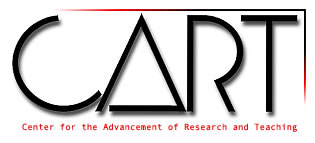Poster: Landing Development: A First Look at Young Children
Location
Moakley Atrium
Start Time
12-5-2010 4:05 PM
End Time
12-5-2010 4:00 PM
Description
The purpose of this study was to examine sagittal and frontal views of children (n=14) aged 4-9 landing from a maximal effort vertical jump in order to begin a description of landing development. Video records (collected at 30 frames/sec) of the jump and landing were viewed frame by frame with Windows Movie Maker and analyzed with a simple scoring system validated to detect improper movements during landing. Findings indicated that this stop-landing task challenged balance as most landings included a step, straddled foot position, and a wide stance. Mechanisms for force absorption (knee and hip flexion) tended to occur more often in landings of older children, but incidences of knee valgus also increased with age. Further investigation may establish developmental expectations for landing and help coaches and physical educators correct potentially harmful patterns as children age and pursue more competitive sport.
Poster: Landing Development: A First Look at Young Children
Moakley Atrium
The purpose of this study was to examine sagittal and frontal views of children (n=14) aged 4-9 landing from a maximal effort vertical jump in order to begin a description of landing development. Video records (collected at 30 frames/sec) of the jump and landing were viewed frame by frame with Windows Movie Maker and analyzed with a simple scoring system validated to detect improper movements during landing. Findings indicated that this stop-landing task challenged balance as most landings included a step, straddled foot position, and a wide stance. Mechanisms for force absorption (knee and hip flexion) tended to occur more often in landings of older children, but incidences of knee valgus also increased with age. Further investigation may establish developmental expectations for landing and help coaches and physical educators correct potentially harmful patterns as children age and pursue more competitive sport.
